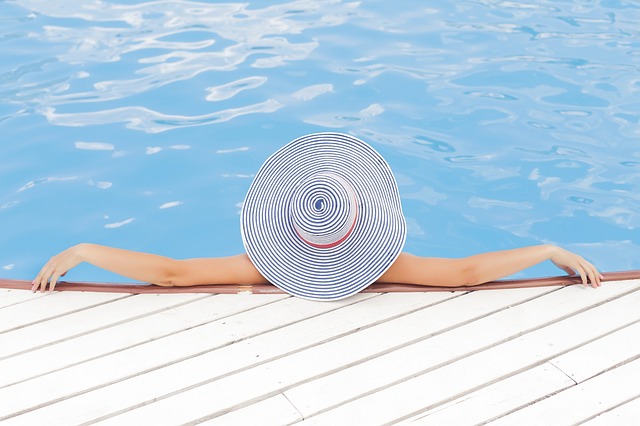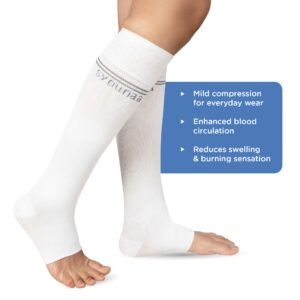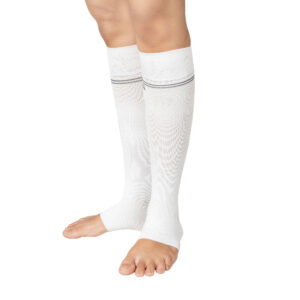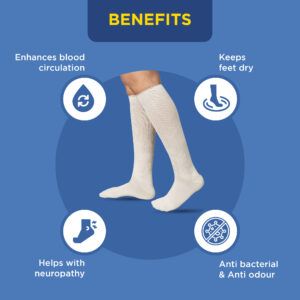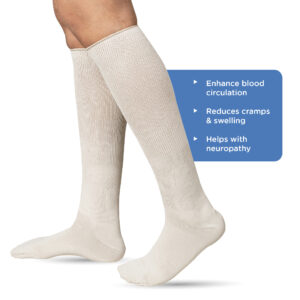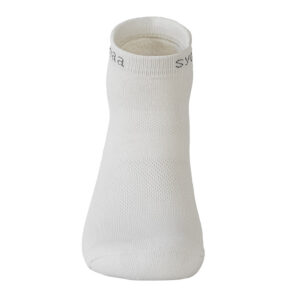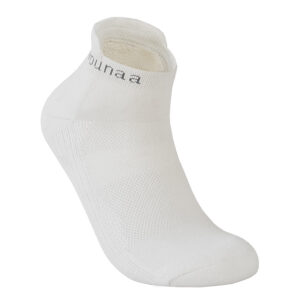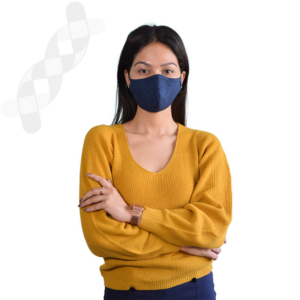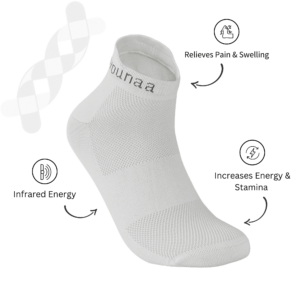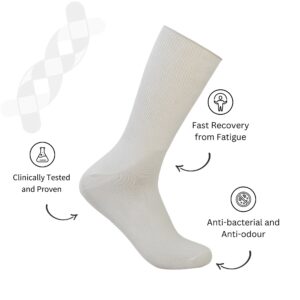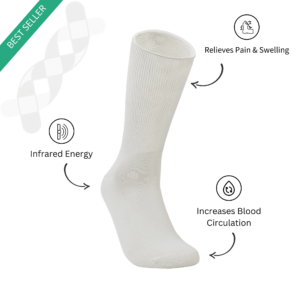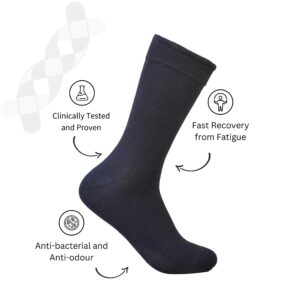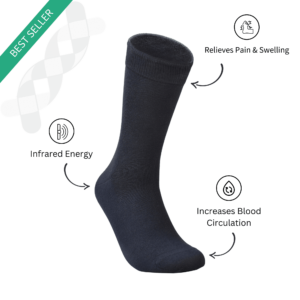The summer vacations are near which means that you will soon start to plan holiday trips with your family. As a diabetic, you need to take special precautions so that you have enough equipment for your entire trip. You may be on vacation, but your diabetes will not, so you must always stay on your toes. Don’t let your vacation complicate your condition.
Here are a few tips that would keep your diabetes in check and also allow you to have a good time.
Carry Extras
Always have a good estimation of how long your trip will last and pack accordingly. If your trip lasts for a week, pack supplies for ten days, if your trip lasts for ten days, pack for two weeks. And so on. Make sure you have an extra pump, extra adhesive, etc.
We have a vacation checklist below. This will help you make sure you have everything:
o Insulin
o Ice Box (to store insulin)
o Extra Needles
o Testing Strips
o Glucose Meter
o Extra Batteries (for glucose meter)
o Glucose Tablets
o Glucagon Emergency Kit (extras)
o Fast-digesting carbohydrates
o Slow digesting carbohydrates
o Your diabetes prescription
o A letter from your doctor
o Healthy Snacks
Most diabetics would need whatever is on the list. However, if you are a type2 diabetic, who do not inject insulin, you would require lesser equipment to manage your diabetes. Edit the checklist as per your requirement and make sure you have everything packed and ready before you leave for your trip. If you are traveling to a warmer place, store all your supplies in a cool dry place. Remember, insulin becomes ineffective in temperatures above 30 degrees Celsius. So, it is better to store insulin in an ice box.
Health Card
If you are an insulin dependent diabetic, we know how difficult it is to go past security checks. It is so difficult to prove to officers that these pins and needles are for your diabetes and nothing else. So, before you leave, make sure you issue a health card from your general physician. The card will explain your condition and contain your physician’s signature. It will also contain your name, your spouse’s/parent’s name, your contact details, and emergency contact details. It should help you get through security checks with ease, however, if it is not enough, make sure to keep your doctors number at hand to explain the situation.
Language Change
Where are you going? Do you know which language is predominantly spoken in your vacation spot? If they speak a different language, you should learn a few phrases for emergency situations. Learn the following phrases in the respective local language before you leave for the vacations:
1. I am diabetic
2. Is there a doctor nearby?
3. Call the ambulance
4. I need help
5. I have low glucose
6. I need a doctor
7. I feel sick
These are a few helpful phrases. Can you think of a few other phrases that might be helpful? Let us know on our social media handles.
Diet Change
You’re on a vacation. You are allowed a few cheat days as long as you can keep your sugar in check. If your vacation spot is within the same country or has a similar local time, try to have your meals at the same time as you would when are at home. If you are visiting a country that is a few hours ahead/behind your home, jet lag may lead to sudden sugar spikes. So, break your meal down to smaller bits and slowly acclimate to the new timing. Keep in mind that you will also have to acclimate to your normal meal timings once you come back home as well.
In your hotel, you wouldn’t be able to cook your own food and your access to nutritious food may be compromised. Try to find outlets known to make healthy food. You can also make your own healthy mixes. For instance, you would not have to ‘cook’ whole wheat sandwich with salads and cheese but it is a much more healthy choice than oily greasy food.
If you eat out, try to order at least one salad (avoid salad dressing) so that you can fill a quarter of your plate with salad. For buffets and reservations, do not skip any meals in advance. Go there feeling light but not hungry. When we are starving, we tend to eat more and the high calories may lead to sugar spikes.
Also, if you know that you are going to eat at different times and that your diet will change for a short period of time, monitor your sugar more often so that you are prepared for sugar spikes.
Summer Care
Where do we go during the summers? Beaches? Water Parks? As amazing as they may be, there are certain precautions you must take to protect yourself in the heat and manage your diabetes. As tempting as it may be, do not walk barefoot on the beach. Diabetes adds extra pressure on your feet and this combined with the scorching sand can be dangerous.
Secondly, keep an eye on your perspiration. We sweat naturally because of the heat, but, for diabetics, excessive sweating can be a sign of hypoglycaemia. So, check if you are sweating more than usual. Also, check if a headache follows after the sweating. If it does, you need to check your sugar and have a sweet snack to bring up your glucose levels.
Foot Care
A vacation can be a physically challenging one, or it may be your only chance to take a step back and relax. Either way, vacations take a toll on your feet. Boarding queues, long hours in the plane/train, would only mean that you have to hang your feet for that long. The more you leave your feet hanging the greater pressure is on your feet. It increases the chances of peripheral neurosis and varicose vein issues. Sudden changes in your diet and lifestyle, even if it is momentary, aggravates the pressure on your feet. This is why it is important to carry a few extra pairs of absorbent socks. Always keep an extra clean pair of socks while traveling so that you can change into something dry when your feet are drenched with sweat. This protective measure will keep foot infections at bay. A few pairs of Syounaa diabetic socks shall keep you covered for the entire vacation. They are form fitting, which means that they do not add any pressure on your feet, rather they allow your feet to breathe. The absorbent nature keeps sweat at bay so that your feet are protected from infection. Lastly, the Celliant fibres present in the socks increases oxygen supply around your feet which enhances healing and reduces the chances of foot sores that may occur when your body is on vacation. Let us know how your vacation went. We are always eager to hear from you!

